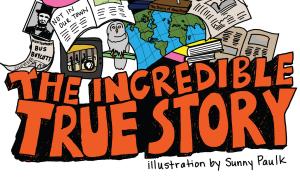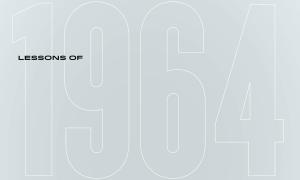article
Toolkit for “You Belong Here”
What do the data tell us? According to the Center for American Progress, “At some point over the next 10 to 12 years, the nation’s public school student body will have no one clear racial or ethnic majority. In other




